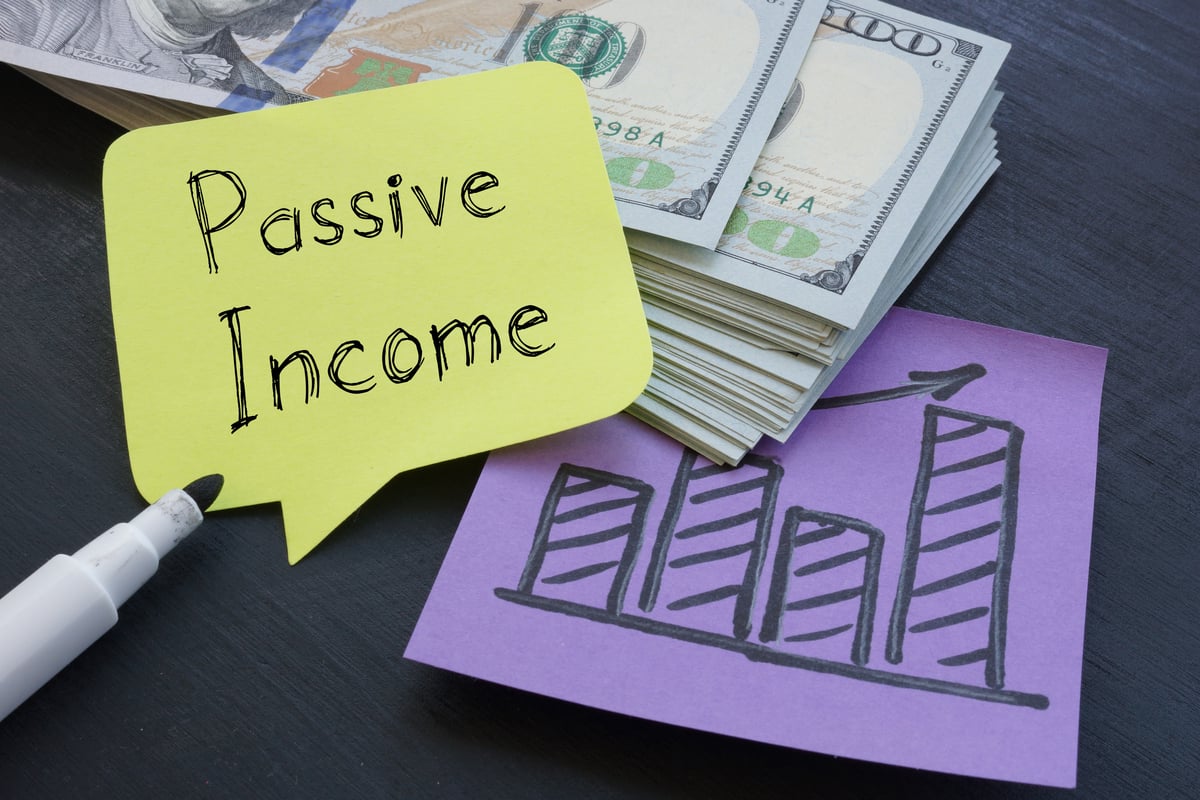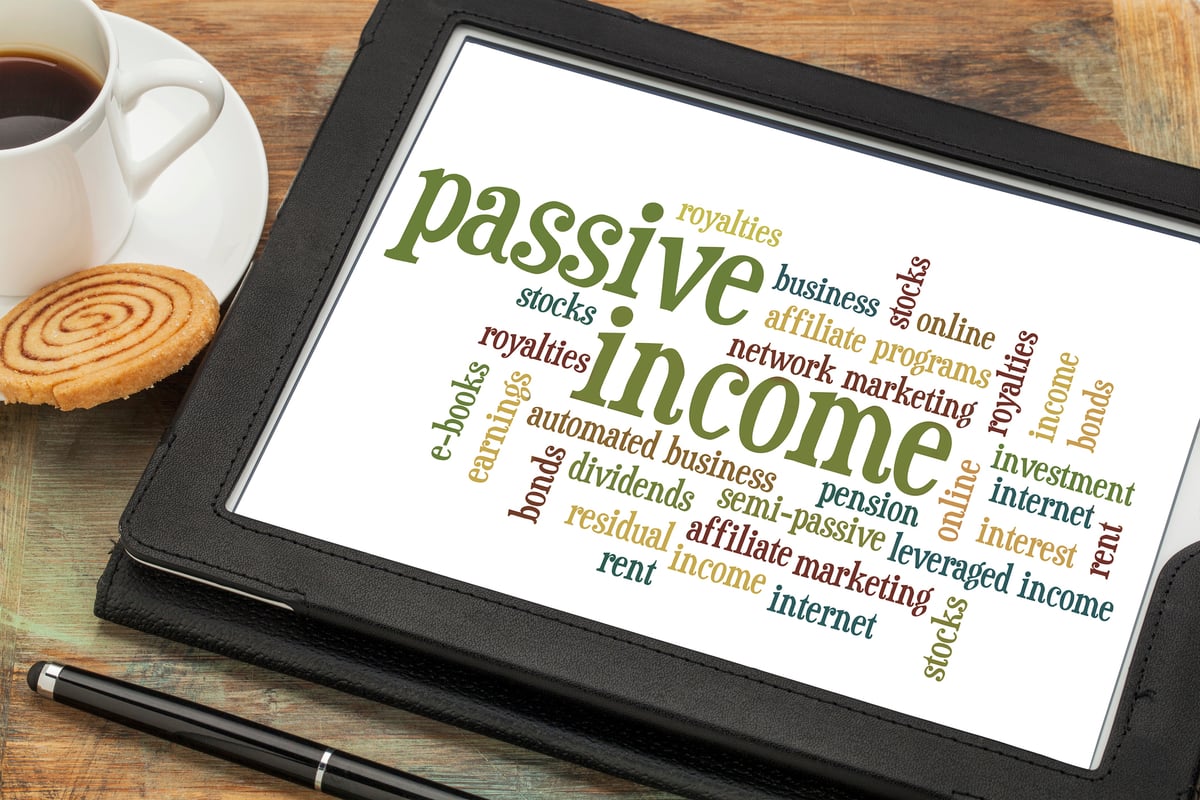Investors with ironclad stomachs can invest in just about anything they want. The rest of us have to be a little more cautious, focusing on lower-risk stocks that provide a balance between risk and reward. Here are three dividend payers that provide a good compromise, with a touch more emphasis on safety: Hormel Foods (HRL 0.33%), Enterprise Products Partners (EPD 1.53%), and VEREIT (VER +0.00%).
1. The food maker
Hormel is probably best known for making SPAM, an iconic potted meat product. But the truth is it is a branded food powerhouse, with over 40 brands that are number one or two in their category. Its top and bottom lines have been under pressure lately because of changing consumer buying habits, but Hormel isn't sitting around hoping for the best -- it is actively adjusting its portfolio, selling older, stale brands (like Diamond salt) and buying newer ones that resonate with today's consumers (like Wholly Guacamole).

Image source: Getty Images
Despite making a series of relatively large deals in the last few years, Hormel's balance sheet remains incredibly strong. Long-term debt makes up less than 5% of its capital structure, and it covers its interest expenses by a huge 66 times. The dividend payout ratio is a reasonable 45% or so. While the yield is a modest 2%, that's actually toward the high end of the company's historical range, and it has been increased annually for over five decades, with an incredible compound annual growth rate of 16% over the past 10 years.
Honestly, Hormel isn't an exciting stock to own. But if history is any guide, it will keep trucking along and rewarding investors with big dividend increases along the way. This low-risk stock should be on a dividend growth investor's radar today.
2. The mover, but not the shaker
Next up is master limited partnership Enterprise Products Partners. It might strike you as odd that an energy stock would show up on a low risk list, but don't be too quick to judge. Enterprise operates one of the largest and most diversified midstream businesses in North America. That means that its collection of pipelines, processing, and storage facilities move oil and gas from the well to the end customer -- it does not drill for oil. In fact, roughly 85% of its gross margin is derived from fees that are usually linked to long-term contracts with built-in price escalators.
Essentially, Enterprise's business will remain strong as long as demand for oil and natural gas remains strong -- and demand doesn't appear likely to materially change for decades to come. Thus, volatile oil prices aren't a big issue.
Now layer on top of a solid core business the fact that Enterprise is one of the most conservative midstream companies in the industry. For example, its financial debt to EBITDA ratio is a modest 3 times or so, at the low end of its peer group, and it covers interest expenses a solid 5 times over. It also covered its distribution by a robust 1.7 times in 2019 (1.2 times is considered strong in the midstream space).
What's most notable here, however, is the impressive 6.9% distribution yield. That payment has been increased every year for over two decades. The growth rate is modest, usually in the mid single digits, but with such a high starting yield, income-oriented investors would do well to take a close look here despite Enterprise's oil ties.
3. Changed for the better
Last up is a name that might seem a little controversial: VEREIT. This real estate investment trust (REIT) is probably best known for an accounting scandal that occurred in 2014. It's not that company anymore, though, and it has finally put the legal fallout from the issue behind it. At this point, it is basically a very boring REIT.
EPD Dividend Yield data by YCharts
However, there are some key factors to keep in mind. The company has one of the largest portfolios of net lease assets in the country. Net lease properties require that the tenants pay for most of a building's operating expenses, a low risk proposition for the landlord. It is also among the most diversified, with retail at 44% of its portfolio, restaurants 21%, office 18.5%, and industrial 16.5%. And while it has spent the last five or six years working to gain back investor trust, the new leadership team has basically lived up to every goal it has publicly set for itself.
The real draw here is that, with the legal headwinds behind it, VEREIT is getting ready to start growing its business again. And it looks cheap, with a price to adjusted funds from operations ratio of around 14, compared to peers that trade at over 20 times. Add in a 5.6% yield, and low-risk investors willing to dig into this REIT's story just a little bit should like what they find.
Sticking it out
Hormel, Enterprise, and VEREIT all provide a decent amount of dividend income backed by solid businesses. It's unlikely that a bear market will change that, giving you something tangible to hold onto even in the worst of times. If you are looking for low-risk investments, this trio is worth a deep dive today. It's likely that one or more could end up in your portfolio.








